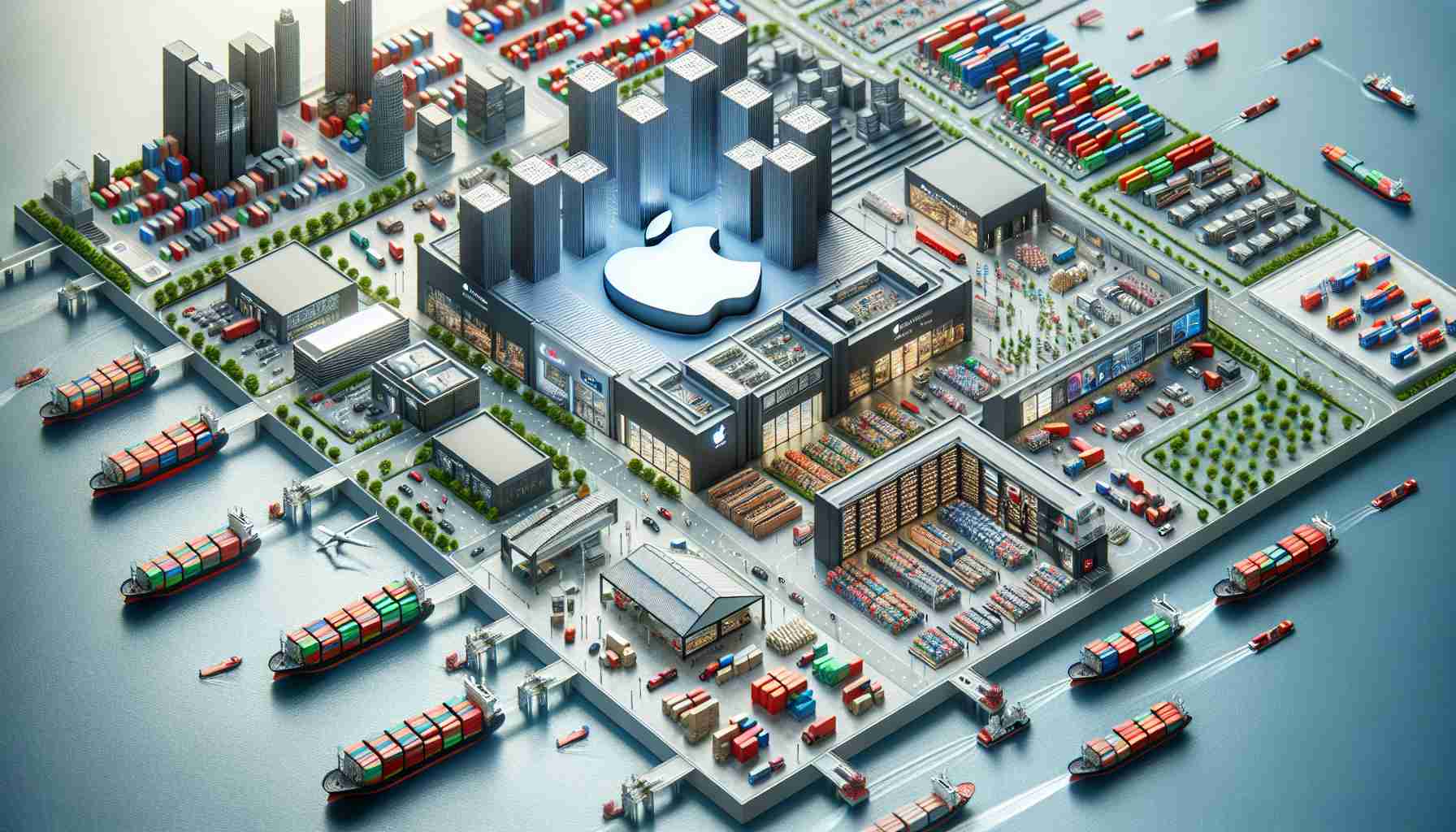Apple Boosts Investment in Vietnam to Diversify Supply Chain
Amidst the fluctuating global trade landscape, Apple has announced plans to increase its investments in Vietnam, a move that signals a broader shift among technology giants to expand their supply bases beyond China. In a recent meeting with Vietnam’s Prime Minister, Apple’s CEO expressed the company’s readiness to expand investment and collaboration in the region.
Since 2019, Apple’s investments through Vietnamese supply chains have reached nearly $16 billion, stimulating the creation of over 200,000 local jobs. The tech giant’s increased preference for Vietnamese components serves as a vote of confidence in the Southeast Asian nation’s growing manufacturing capabilities.
Vietnam’s strategic pivot towards producing high-tech goods like smartphones and tablets has been fueled by cost-efficient labor, propelling the country higher up the global value chain. With over $4 billion in foreign investments already flowing into Vietnam’s manufacturing sector in early 2023, the nation’s economy is benefitting significantly from international diversification efforts.
As U.S.-China relations continue to face strain, Vietnam stands out as an advantageous alternative for companies aiming to circumvent trade tensions. Enhanced by a skilled workforce, especially in engineering fields, Vietnam is drawing attention from major tech firms looking to establish robust, multifaceted supply chains.
Vietnam’s appeal to foreign investors is further corroborated by growing diplomatic warmth with the United States, marked by a solid spike in U.S. imports and an elevation of bilateral ties. The strategic collaboration is anticipated to fuel more U.S. investments into Vietnam, including in vital tech sectors.
Tech heavyweight Intel has also recognized Vietnam’s ascent as a key manufacturing hub, solidifying its commitment with a significant investment in a new assembly and test facility, slated to become one of its largest worldwide. This trend aligns with a global shift to mitigate the risk of concentrated production, a vulnerability starkly highlighted during the pandemic-induced supply chain disruptions.
Important Questions and Answers:
1. Why is Apple diversifying its supply chain?
Apple is diversifying its supply chain to mitigate risks associated with concentrated production, such as trade tensions between the U.S. and China, and disruptions like those seen during the COVID-19 pandemic. This approach allows for greater supply chain resilience and risk management.
2. What makes Vietnam an attractive destination for tech companies like Apple and Intel?
Vietnam offers cost-efficient labor, a growing skilled workforce, particularly in engineering, and has been making strategic advancements towards producing high-tech goods. The country also presents an opportunity to bypass U.S.-China trade tensions while providing a conducive environment for manufacturing.
3. How has Vietnam’s economy benefited from foreign investments in its manufacturing sector?
With significant foreign investments pouring into Vietnam, its economy benefits from job creation, technological advancement, and a stronger position in the global value chain. It also leads to improved infrastructure and enhances the country’s international reputation as a reliable manufacturing hub.
Key Challenges and Controversies:
1. Supply Chain Relocation:
Relocating supply chains can be complex and costly, involving establishing new facilities, training workforce, and developing logistics networks.
2. Dependency Risk:
Although diversification aims to reduce dependency on China, there is a risk of becoming overly reliant on Vietnam, which could lead to similar issues in the future.
3. Global Trade Dynamics:
The move by companies like Apple might provoke policy responses from countries feeling undercut by the shift, potentially leading to new trade disputes.
Advantages:
– Supply Chain Resilience: Distributing manufacturing operations can mitigate the risk of disruptions and geopolitical tensions.
– Economic Growth: Investments by international firms like Apple can spur economic growth and job creation in Vietnam.
– Technological Advancement: Such investments can lead to transfer of technology and skillset enhancement of the local workforce.
Disadvantages:
– Operational Challenges: Setting up new supply chains can be fraught with challenges related to infrastructure, quality control, and meeting production standards.
– Political and Economic Risks: Vietnam’s political stability and economic policies will need to continue supporting foreign investment for sustained benefits.
– Rapid Industrialization: Increased production may lead to environmental challenges and societal changes that require careful management.
For more information about Apple (which may not specifically relate to their expansions in Vietnam), you can visit the official website using the following link: Apple. Additionally, for insights into the broader economic state of Vietnam, you might consider visiting reliable international news outlets or economic analysis portals such as Bloomberg or the World Bank’s official website.
The source of the article is from the blog zaman.co.at
